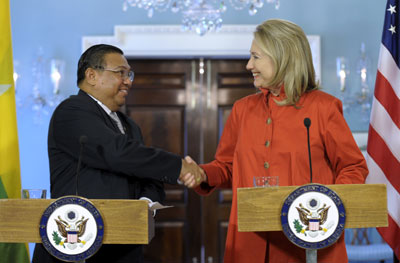
Sorting out sanctions, censorship, sincerity in Burma
On Thursday, the United States rolled back prohibitions against American companies doing business in Burma. The announcement marked the latest diplomatic reward given to President Thein Sein’s quasi-civilian government for initiating reforms in what has historically been a military-run country. In making the announcement, U.S. Secretary of State Hillary Clinton said the democratic changes initiated…
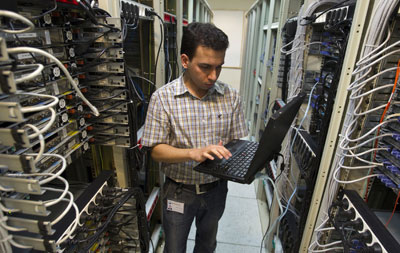
Most censored nations each distort the Net in own way
One big reason for the Internet’s success is its role as a universal standard, interoperable across the world. The data packets that leave your computer in Botswana are the same as those which arrive in Barbados. The same is increasingly true of modern mobile networks. Standards are converging: You can use your phone, access an…
Video: 10 Most Censored Countries
CPJ Deputy Director Robert Mahoney counts down the 10 countries where the press is most tightly restricted. How do leaders in these nations silence the media? And which country is the worst of all? (4:03) Read CPJ’s report on the 10 Most Censored countries for more detail on how censorship works, and which countries were…
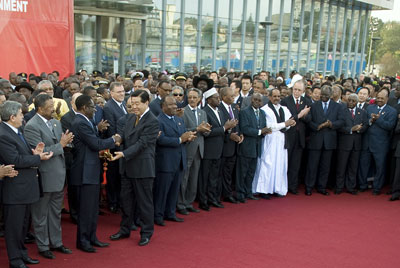
China not most censored, but may be most ambitious
China didn’t make the cut for our 10 most censored countries. While the Chinese Communist Party’s censorship apparatus is notorious, journalists and Internet users work hard to overcome the restrictions. Nations like Eritrea and North Korea lack that dynamism.
Wary about Burma? So are others
Amid the rush to see changes in Burma as an inexorable move toward full democracy–Aung San Suu Kyi’s electoral victory over the weekend is certainly cause for hope–CPJ has maintained a healthy skepticism about media reform in Burma. Shawn Crispin’s “In Burma, press freedom remains an illusion,” posted on Friday, is the most recent example…
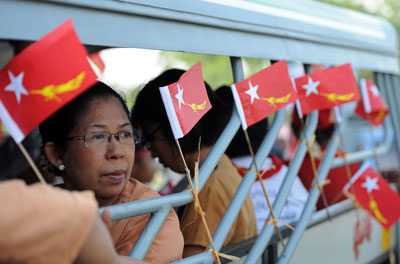
In Burma, press freedom remains an illusion
Just ahead of this weekend’s highly anticipated Burma by-elections, opposition icon Aung San Suu Kyi today denounced the vote as not “free and fair.” Indeed, Thein Sein government’s harassment of opposition media in the run-up to the polls raises disturbing questions about the country’s reputed new democratic direction after decades of repressive military rule.
Attacks on the Press in 2011: Burma
Burma’s news media remained among the most restricted in the world, despite the transition from military to civilian rule and President Thein Sein’s vow to adopt a more liberal approach. The Press Scrutiny and Registration Department reviewed all local news journals prior to publication, censoring a vast array of topics. Criticism of the government and…
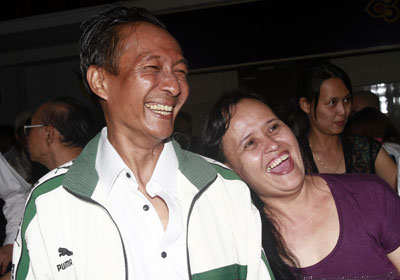
Freedom with limits in Burma
When President Thein Sein pardoned over 300 political prisoners last week in Burma, CPJ reported that at least nine journalists were among those released. Since then, the exile-run Democratic Voice of Burma (DVB) has announced that all of its jailed reporters, including a group of eight who had remained anonymous, are now free.